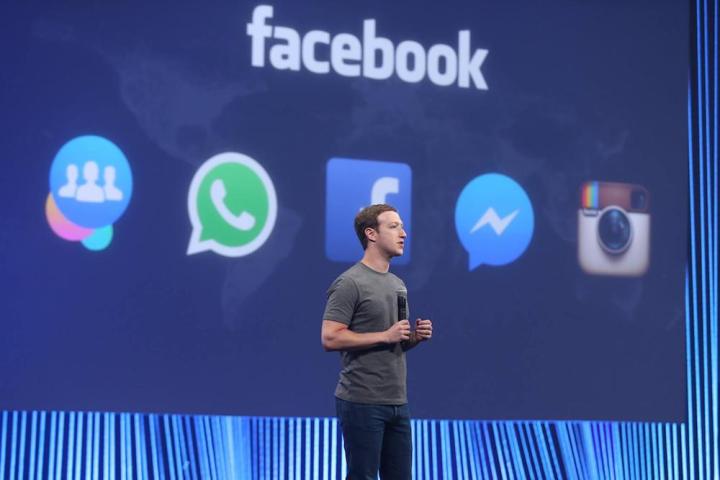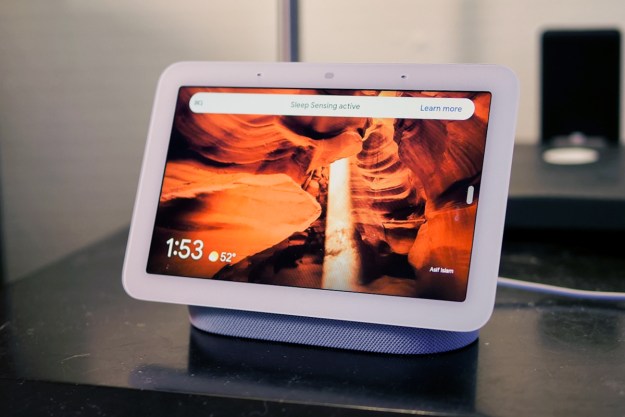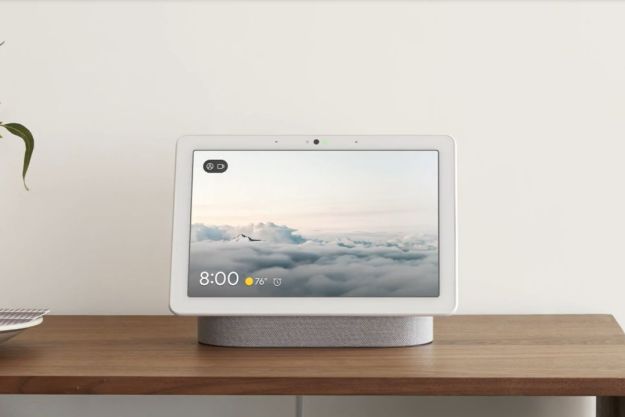
Parse’s new software development kit will do something similar for those looking beyond mobile to other smart devices. “We want to be there with you when you start experimenting with this world,” Parse CEO Ilya Sukhar told developers at the conference. Estimates vary when it comes to just how big the IoT market will be in 2020, but almost everyone agrees it will be in the tens of billions. It’s not surprising, then, that Facebook wants a piece of the pie that Apple, Samsung, AT&T, and Google are already diving into.
“I’m a nerd,” Sukhar said, explaining his desire to build a device that reminds him to water his plants. But it’s not just nerds that want to make connected devices. Chamberlain, which makes garage door openers, is using Parse to help send its push notifications when your garage door is open. Roost makes a connected battery that turns any smoke alarm smart, and the company is also using the platform.
Right now, that’s how companies are leveraging Parse, but its possibilities go beyond push notifications. Another big announcement at the F8 conference was the Messenger platform, which allows developers to make apps that utilize the chat application to send GIFs or track a package. It’s not a giant leap to foresee you getting a Messenger notification that your wife just opened the garage door or you left the lights on. Sure, it’s one less app you have to open or e-mail you have to check, but it’s also one minute longer you’re logged on to Facebook, which, by design or not, is something the social network is making it easier and easier to do.
Editors' Recommendations
- SimpliSafe is now using AI to prevent burglars from entering your home
- How to convert your window blinds into smart blinds
- Google rolls out new Nest Cam features to Google Home for web
- Echo Hub vs. Echo Show 8: Which is the best option for your smart home?
- Echo Show 8 vs. Echo Show 10: is the bigger device a better smart display?


